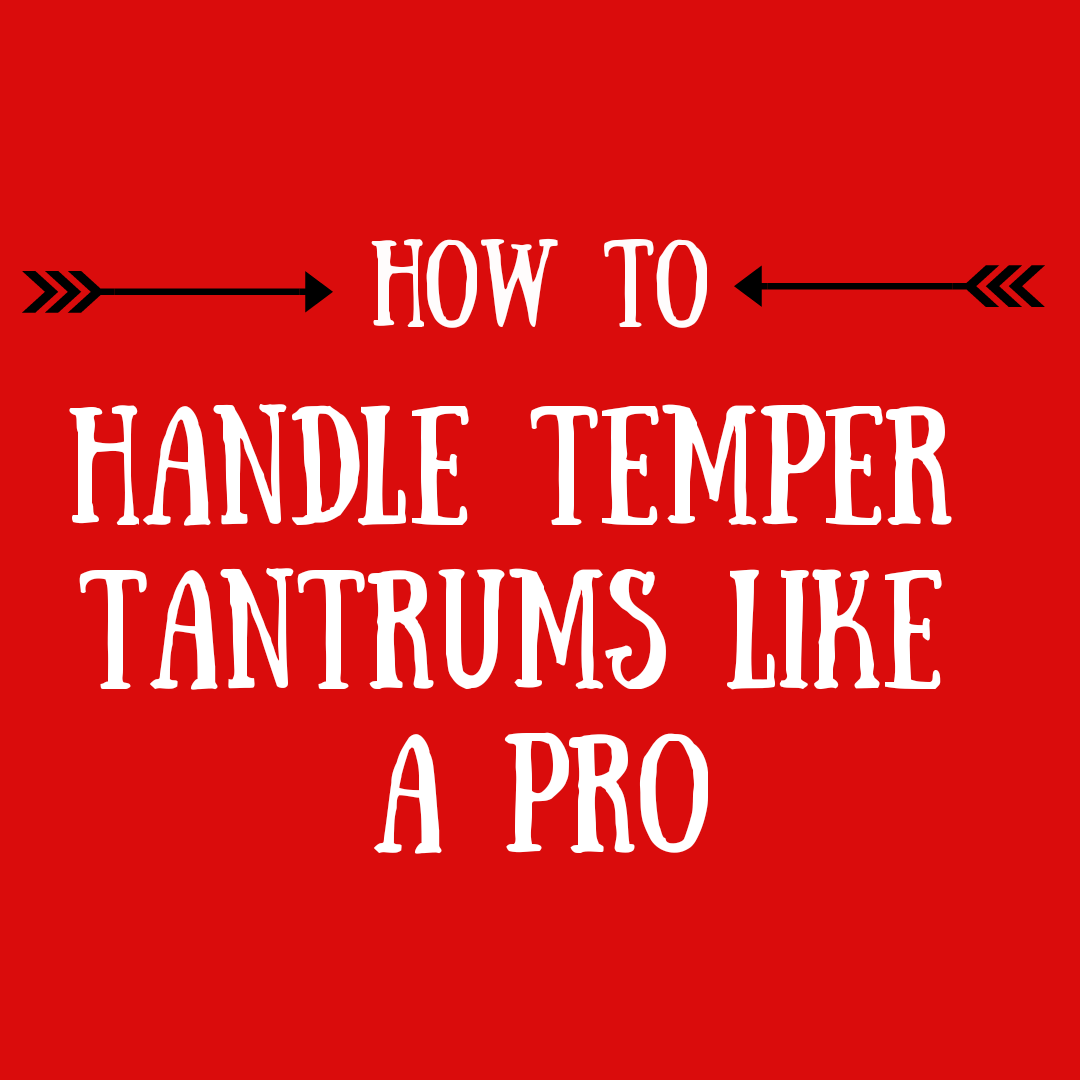
How to Handle Temper Tantrums Like a Pro
Temper tantrums and toddlerhood seem to go hand in hand. They are one of the most frustrating parts of parenting. You often don’t know what caused them or how to calm your child down. They can happen anytime and anywhere, including in the middle of a store. What I didn’t realize at first, is that they are the manifestation of one of the most frustrating times of growing up. Toddlers don’t know how to express their emotions and they often don’t know what the emotion is. This can result in frustration which develops into a temper tantrum.
This includes affiliate links. That means that if you purchase through these links that Califf Creations will receive compensation that is of no extra cost to you. This helps cover the costs of Califf Creations.
There are a few things you can do to avoid some tantrums.
1) Eliminate simple trigger likes being hungry, thirsty, or tired.
You can do this by paying attention to your toddler’s cues, even if that means changing your usual schedule a bit to add a snack or have an earlier time for nap or bed.
2) Always be prepared. This also helps with the first tip.
I make sure that I always have water, snacks, and at least one toy with me whenever we leave the house so that I can accommodate my toddler’s needs.
3) Pick your battles.
It’s not worth fighting with your toddler about certain things, especially when it will cause a temper tantrum. If they want to hold something in the cart while you grocery shop or don’t want to let go of a certain toy, let them have it. I also found that fighting with a toddler over food is always pointless. It will always escalate and isn’t worth the stress.
4) Find a balance to your activity.
Try not to get cooped up in the house too often. Toddlers love to get out and explore and too many days in the house can drive them a little crazy! Even if your outing is a trip to the store, that change of scenery is really beneficial. Of course, if your toddler isn’t in a good mood to start with, going out might not be a good idea. You’ll need to find a balance between days in and days out that work for you and your toddler so that you both don’t go stir crazy, but they don’t get overwhelmed.
Frustration
These tips won’t always work because many triggers are rooted in other types of frustration. It could be emotional, like being scared, lonely, or overwhelmed. It could also be due to a desire to do more than they can. Maybe they want to reach something they can’t, or maybe they don’t have the language to describe their needs. Lacking certain communication skills has definitely led to many tantrums in my house.
Once it Starts
When a temper tantrum does start, I’ve found the best thing to do is to remain calm. There is no need to add to the chaos. Plus, getting worked up yourself will usually result in the tantrum escalating. From experience, I know this is a lot easier said than done. There are times when I’ll get upset, or even downright angry. In these cases, I have to remind myself to breathe and calm down so that I can help my son do the same. It’s amazing how well simply taking a few deep breaths together can help you both.
During a temper tantrum, I always get down on his level and try and soothe him as best I can. This usually starts with me telling him that I understand that he is frustrated and would like to learn why. My son really benefits from feeling like he is being listened to and understood. Acknowledging his frustration can go a long way. I have found that dismissing a tantrum is never a good idea, if avoidable. There is almost always a reason and it is important to at least try and recognize it. This simple act of acknowledgment can do a lot.
Once I’ve shown him that I know he is upset, I can try and get him to tell me why. My son is only 2-years-old, so he doesn’t always know the language to express his “why”. It can be a bit of a guessing game of me trying to interpret him. However, this can lead to more frustration, so I try to keep my guessing to a minimum. When he can express what it is that he needs, it makes things a lot easier.
Understand the Trigger
If there was an emotional trigger, I will proceed to talk to him about that emotion. It’s important that he understands it’s ok to feel nervous, or scared, and that we can find better ways to express it. I tell him that he can always come to me and we can work through his feelings together. We’ll talk (as much as you can with a 2-year-old) about how it’s normal to feel these emotions. I won’t lie and say this works every time, but I do feel like it has proven to be a more stress-free method and my son feels like he is listened to. This helps to reduce the frequency of these emotional tantrums as he is slowly learning how to handle the feelings in a more constructive way.
It’s much simpler when he tells me he wants something he can’t get or do himself. Once I know what he wants, I explain to him that getting upset and crying isn’t the way to get what he wants. I’ll remind him to ask nicely by saying please. His reward for asking nicely, is getting what he wanted! Simple, right? Not always so simple. This only works if what he wanted was something that isn’t dangerous. If he wants an object that can hurt him or wants to do something that could result in serious injury, it’s my job to explain why he can’t have or do what he wants. How he might get hurt, or if it’s a fragile item how he might break it and make me very sad. This doesn’t always go over too well. If he is still upset I’ll distract him with something else. Since I explained why he can’t have what he originally wanted, he is usually open to the distraction.
Be an Example
Connecting with a toddler and showing them you understand makes a huge difference with behavior. Temper tantrums will happen. You might even already practice all the tips and tricks I shared and they will STILL happen. The fact is, toddlers will get frustrated, sometimes frequently. It’s our job as parents to try and teach them the tools they need to deal with their frustration in a constructive way. Just like with most things, the best way to do this is my modeling it yourself. So when your toddler’s frustration frustrates you, show them how you would like them to act and try to create some calm out of the chaos.
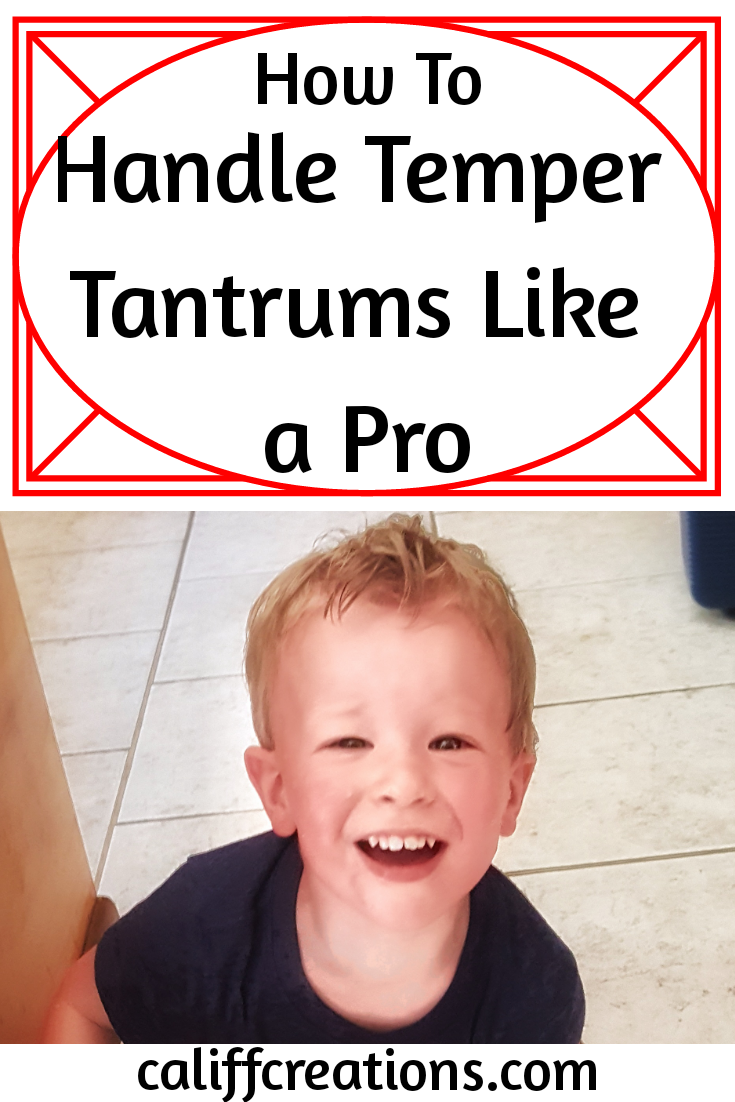

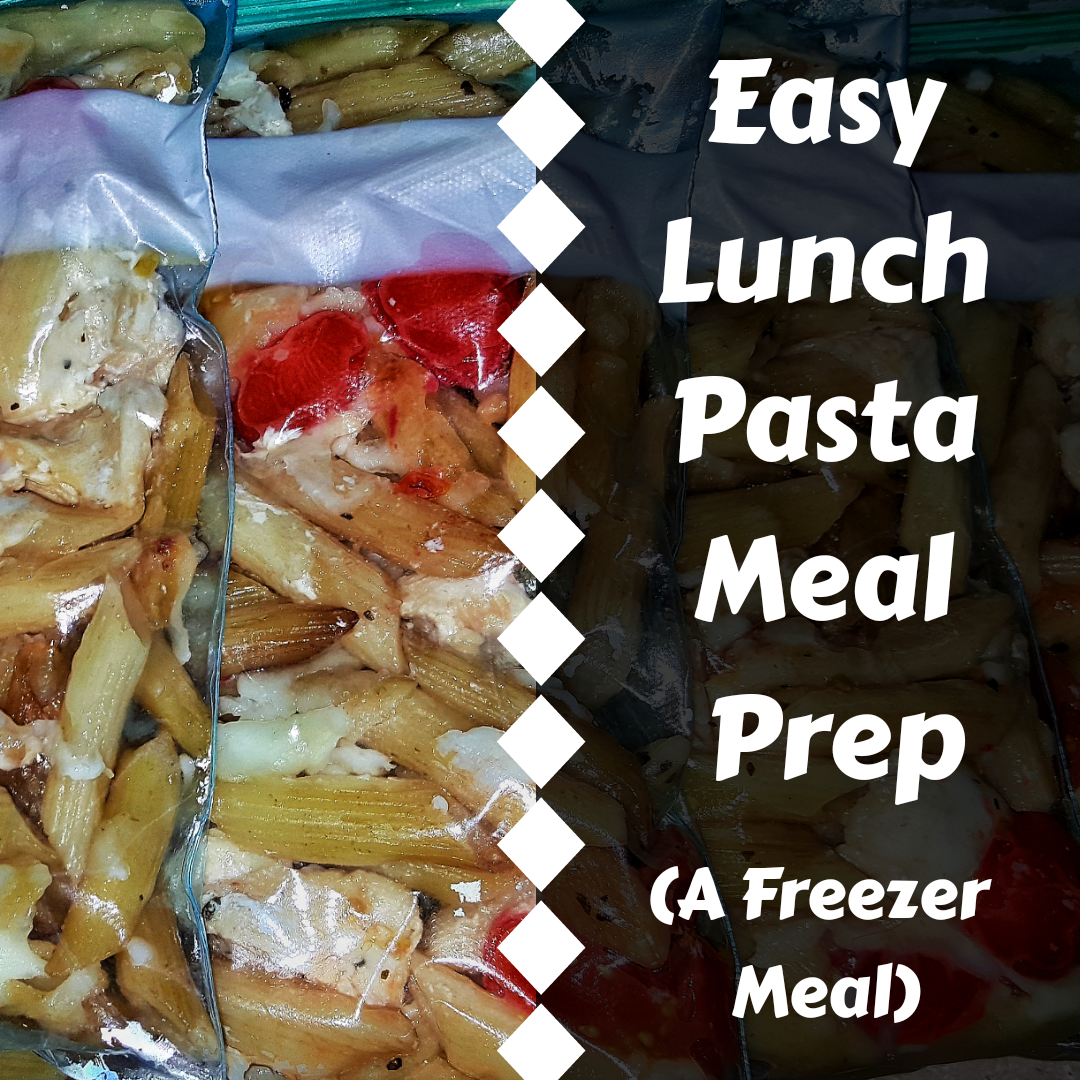




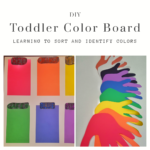
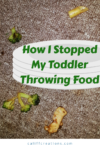


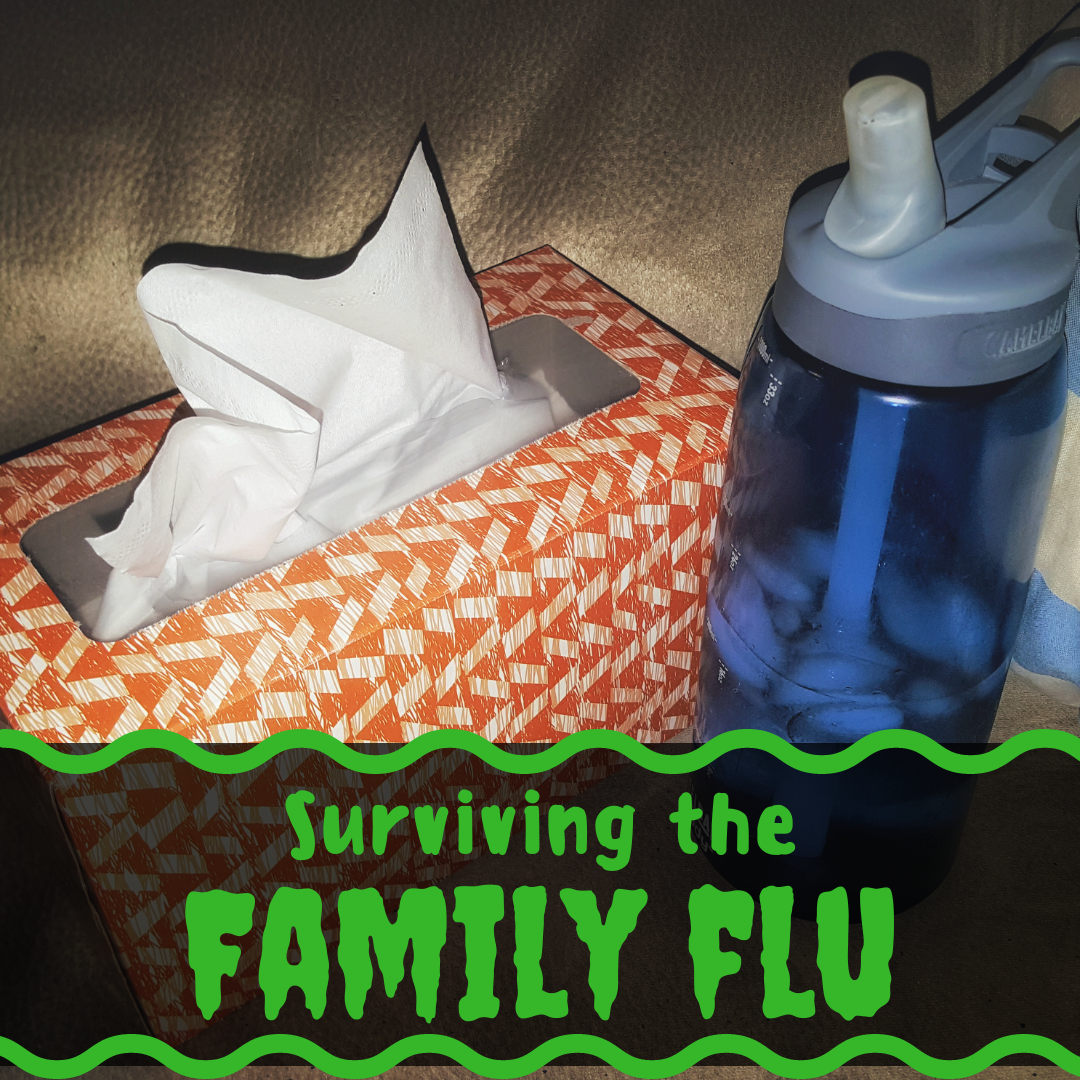



6 Comments
Meghan
These are amazing tips! I have when my three year old has a melt down but I love your point about avoiding triggers. For my daughter, it’s almost always when she is overtired so I try really hard to stick to a schedule with her and make sure she doesn’t miss her nap. Also, having something on hand to distract them is an awesome idea I hadn’t thought of! Thanks for sharing this ❤️
Kat
I hope these tips help you!
Laura
Great tips! Before I had kids I never could have imagined how frustrating tantrums could be to deal with. I completely agree with you that remaining calm is the most important thing – and also sometimes the hardest thing to do!
Kat
Totally! It’s something you only really understand if you have kids yourself and have been through it…
Mom
All great tips! The important thing is not to shame them for their feelings (sometimes hard when you’re upset yourself!), but you are such a loving, caring, supportive mom! I love the picture at the end of the post!!
Kat
Thanks! And yes, it’s important for them to know it’s ok to feel.